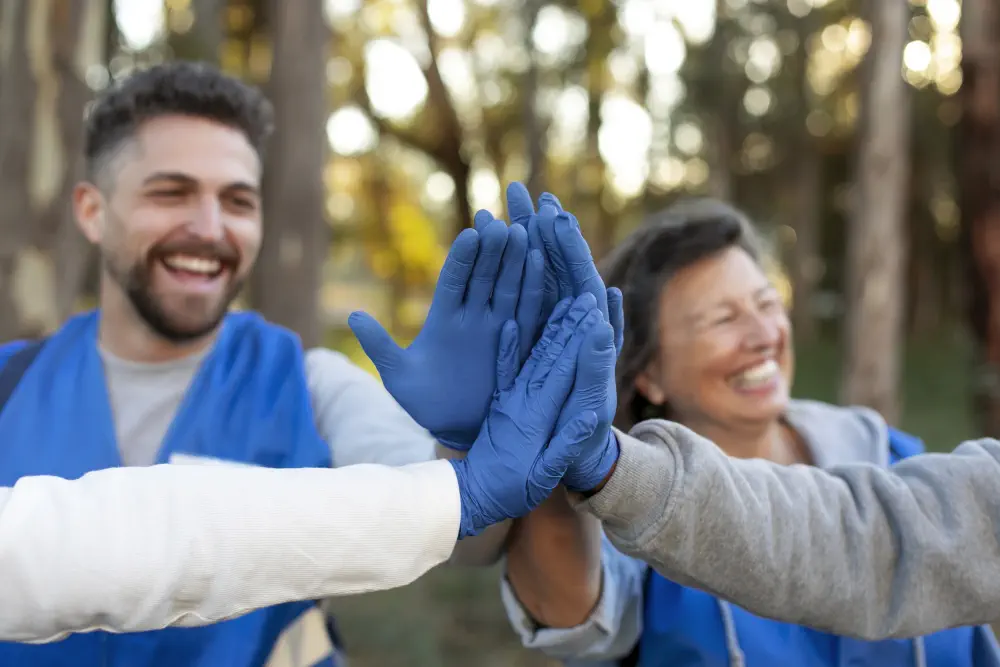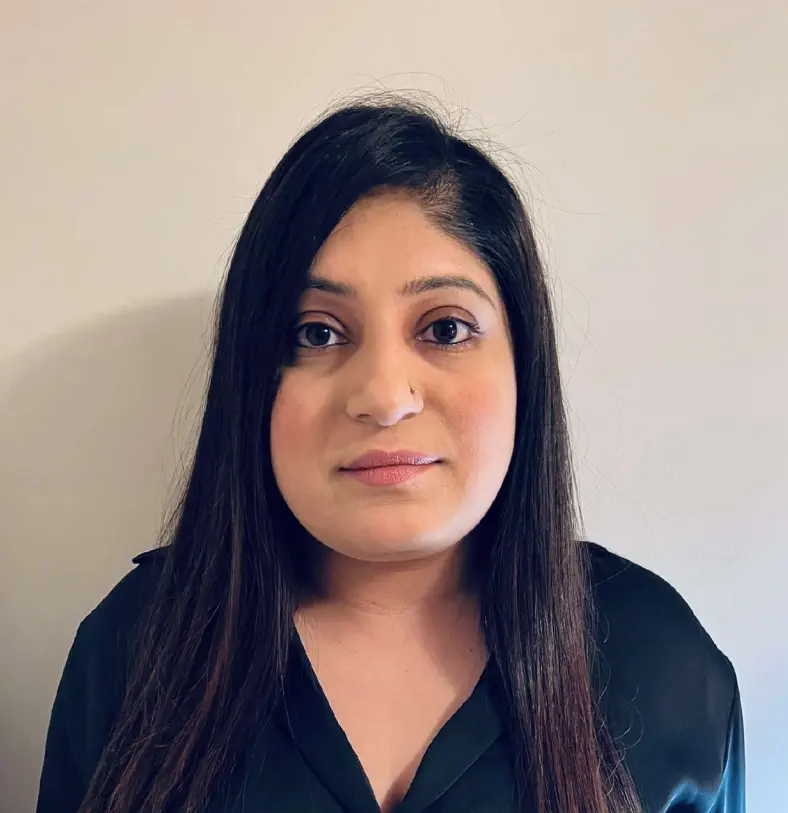We offer medical detox and multiple addiction treatment options in our
luxury treatment centres in Port Hope, Cobourg, and Ottawa.
Break Free From Drugs: Who Else Wants To Live An Addiction Free Life?
Overcoming a drug or alcohol addiction is not an easy road. In fact, it can be a long and winding process rife with setbacks. While setbacks are common, breaking free from addiction is possible. If you are in a relationship, breaking up with an addiction can be most important for taking care of your mental and emotional health. Leaving an addiction is challenging, but it is sometimes necessary to ensure your well-being. Taking action on addiction requires determination and support. Now, you can be ready to break free from drugs with these three simple tips. Remember, today is as good a day as any to take the first step towards a healthier, addiction-free life.
Key Takeaways
- Recognize and Seek Help: The first step in recovery is acknowledging the problem and seeking support from friends, family, or professionals.
- Detox and Withdrawal: Detoxification helps the body eliminate the addictive substance, with medical supervision ensuring safety during withdrawal symptoms.
- Identify Triggers: Pinpoint and eliminate triggers that lead to substance use, such as specific social situations or emotional states.
- Prevent Relapse: Maintain long-term recovery through ongoing support, therapy, and a relapse prevention plan to manage early warning signs.
With all being said in mind and with enough determination in the heart, we can have a closer look into the actual stages of addiction recovery. They are:
- Acknowledge the Problem and Seek Help.
- Detox and Withdrawal.
- Find Your Triggers.
- Alter Your Behaviours and Make Positive Changes.
- Maintain Recovery and Prevent Relapse.

Understanding the 5 Stages of Addiction Recovery
1. Acknowledge the Problem and Seek Help
The first step in addiction recovery is recognizing there is a problem. Often, this is the most challenging stage because denial can be a powerful obstacle to recovery.
Once you break through this barrier of denial, it's important to understand the nature of your addiction. This involves identifying the triggers, behaviors, and underlying issues that contribute to your dependency. Taking this introspective journey can be difficult, but it is a crucial part of the healing process. By seeing addiction through a compassionate lens, you can begin to cultivate the self-acceptance and willingness needed for recovery.
Acknowledging that you do have an addiction and making the decision to look for assistance is a courageous thing to undertake. This goes back to where drug recovery starts: acknowledgment. You may, at this point, turn to a close friend or relation or, better, seek the help of a health expert. Knowing the recovery statistics for drug addiction can be an added incentive to quit because it makes you realize that many others have succeeded in overcoming the addiction and that there is help at hand.
2. Detox and Withdrawal
Detoxification, or detox, is the process of allowing the body to eliminate the addictive substance. It is a very long and important step in the stages of recovery from addiction. You may experience withdrawal symptoms, which can range in intensity from mild to severe, depending on the severity of the addiction. These can include anxiety, nausea, sweating, and even serious physical and psychological changes. Medical supervision can help manage these symptoms and ensure your safety during detox. Remembering that this phase is temporary and that it's just part of the recovery process may help you stick through. Addiction recovery statistics show that supervised detox dramatically increases the potential for successful recovery.

3. Find Your Triggers
Addiction isn’t something that simply crops up. Normally, addictions are triggered by something, and continued use of drugs or alcohol also contains triggers. One way to break free from drugs, suggests experts, is to identify those triggers and then eliminate them from your life. Without the trigger for consumption, the person with addiction is less likely to consume their chosen substance, whether that is marijuana, cocaine, or alcohol. Triggers may include:
- Social situations, like going to bars or parties;
- Specific friends or acquaintances who also use the same substance;
- Anxiety;
- Boredom;
- Loneliness.
By eliminating these triggers from your life, you’ll be more likely to utilize your energy to beat the addiction rather than feed into it. Experts recommend getting help for depression or anxiety from a qualified healthcare professional. To kick boredom, consider taking up a healthy hobby; you’ll also meet new people who are not related to the addiction you are suffering from.

4. Alter Your Behaviors and Make Positive Changes
Did you know that bad behaviours are very often “paired”? That means that one bad behaviour is usually a bedfellow of another. For example, you may have a drinking problem, but you may also be an overeater. Smoking or caffeine consumption may go hand-in-hand with drug addictions. Experts recommend identifying these bad behaviours and stopping them as well. Many people find that when they have a cigarette, they also want to have a drink or a cup of coffee. Cutting out both behaviours can help you succeed in your quest to break free from drugs. It is also advisable to make positive changes to your life. For example, if you are an overeater, try to clean up your diet or try your hand at physical exercise. This can help you redirect your energy and manage bad behaviours.
5. Maintain Recovery and Prevent Relapse
The final stage of addiction recovery is maintaining progress and preventing relapse. It refers to steps leading towards long-term maintenance strategies of sobriety. Continuous support is necessary in the form of attending support groups, continuing therapy, or keeping in contact with a great support network. With the help of doctors, a person should develop a relapse prevention plan and include the recognition of early warning signs, along with how one will handle those signs if they happen. Celebrate recovery cycle milestones and reflect upon what it has taken to get this far. Research statistics indicate that the chances of relapsing remain low and that the promise for long-term success is if they remain engaged in recovery care activities - https://www.ncbi.nlm.nih.gov/pmc/articles/PMC7813220/.

The Vital Role of Aftercare to End Addiction
The journey to recovery doesn't end with detox and initial treatment. In fact, the real work often begins in aftercare. Aftercare is a critical part of the addiction recovery, aiming at soberness and preventing relapse. It provides a structured environment for ongoing support that will ensure individuals stay away from drugs and deal with everyday stresses that may trigger a relapse.
Aftercare can also take the form of therapy sessions, support groups, or even just regular check-ins with health professionals, something that will help alleviate the changing needs a person may have in recovery. Many of these resources develop coping mechanisms and life skills learned during the early phases of treatment. Aftercare provides a space for discussion about daily challenges and triumphs, which alone can be very empowering and motivating.
Continuation of care does not simply involve abstaining from drugs; actually, it is the rebuilding of a life that will have value to live for. Aftercare plays a vital role in this process by promoting resilience, improving mental health, and strengthening support networks. It equips individuals with the tools they need for personal growth and stability. This ongoing commitment to recovery ensures that the hard work invested in overcoming addiction leads to lasting improvements toward changing people's lives for good health and meaningful living.
FAQ
What is the first step to overcoming addiction?
The first step is acknowledging the addiction and deciding to seek help. This may involve reaching out to friends, family, or healthcare professionals for support.
What does the detoxification process involve?
Detoxification allows the body to eliminate the addictive substance. This process can cause withdrawal symptoms, which vary in intensity. Medical supervision can help manage these symptoms and improve the chances of successful recovery.
How can identifying triggers help in addiction recovery?
Identifying and eliminating triggers, such as certain social situations or emotional states, helps redirect energy toward overcoming addiction rather than succumbing to it.
Why is altering behaviours important in addiction recovery?
Many harmful behaviours are interconnected. Identifying and stopping these behaviours, along with making positive lifestyle changes, supports the primary goal of breaking free from drugs.
What is the role of aftercare in addiction recovery?
Aftercare provides ongoing support through therapy, support groups, or regular meetings with health professionals. It helps individuals cope with daily stresses, reinforcing resilience, mental health, and personal growth for a meaningful and healthy life.






